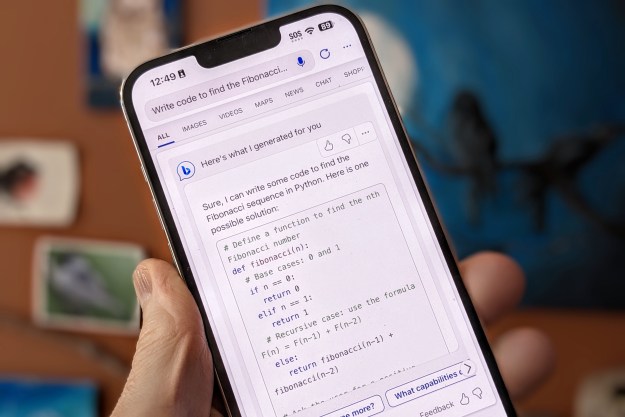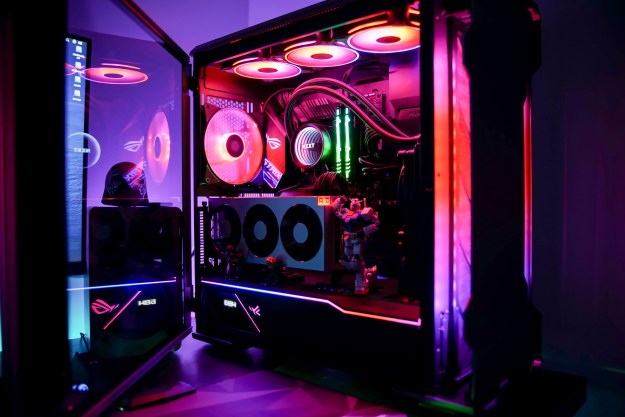
Unnamed sources claim that the latest prototype of Microsoft’s unannounced “Andromeda” device includes telephony capabilities. It won’t be a re-entry into the smartphone business, but rather a new entry in its “always-connected” initiative currently inhabited by laptops sporting Qualcomm Snapdragon processors and 4G LTE connectivity. Andromeda is expected to appear toward the end of 2018.
Although we don’t know much about Andromeda, Microsoft’s patents showcase a foldable device sporting two screens. It relies on a “live hinge” that brings both screens together to create a seamless, one-screen tablet experience. One configuration shows the device folding with the screens facing back to back so you can hold it like a smartphone. Reverse the fold with the screens facing each other and you put the device in standby mode, eliminating the need for a protective case.
But Microsoft isn’t targeting another mobile phone, but to change the market much like Apple did with the original iPhone in 2007. Microsoft seeks a Windows 10 device you can slip into your pocket, but use as a smartphone, a small Mini iPad-sized tablet, and a 2-in-1 with a touch-based keyboard.
“Mobile phone displays have increased in size to the point where they can now consume almost an entire front surface of a phone. In some cases, further increases in display size would detract from other capabilities of the devices, such as its pocket-size form factor,” one patent states.
Andromeda will supposedly be one of the first devices based on Microsoft’s new Windows Core OS modular platform, a version of Windows that works on any device type or architecture. That means Microsoft will no longer need to maintain a version of Windows for x86-based AMD and Intel processors, and a version for ARM-based Qualcomm and Samsung processors. Even more, its modular design enables the addition and removal of components, depending on the underlying device.
For example, Andromeda will supposedly rely on a new adaptable user interface called Andromeda OS. Based on Composable Shell, or CShell, this interface can adapt and scale on any device so you will have the same Windows experience on a laptop, smartphone, tablet, and Xbox console. But don’t worry: Microsoft isn’t making a drastic interface change as seen with Windows 8.
Ultimately, Windows Core OS means devices won’t include unnecessary built-in features. The platform will be smaller in size on the device’s local storage and supposedly faster given there won’t be unnecessary features and processes running in the background, slowing Windows. Windows Core OS will be the next step in Microsoft’s “One OS” vision, merging its OneCore and Universal Windows Platform into a single “one OS to rule them all” package.
Whether or not Andromeda will actually behave like a telephone is unknown for now. We can’t help but suspect that it will be revealed during the next Snapdragon developer conference in December sporting Qualcomm’s Snapdragon 845 chip.
Microsoft and Qualcomm originally introduced their “always-connected” initiative in December 2017: Windows 10 PCs with Snapdragon chips, 4G LTE connectivity, and an insane battery life of more than 20 hours.
Editors' Recommendations
- Microsoft may fix the most frustrating thing about Windows updates
- Windows 12 might not be coming this year after all
- Apple’s ‘cheaper’ Vision Pro may not be so cheap after all
- One of the iPhone 15 Pro’s biggest features may not happen at all
- Apple may embrace the metaverse now after all


